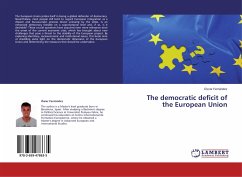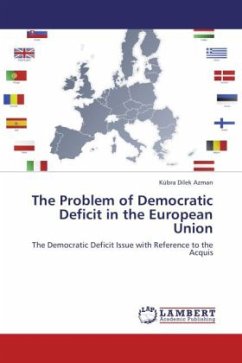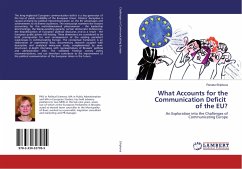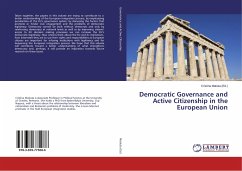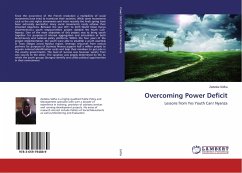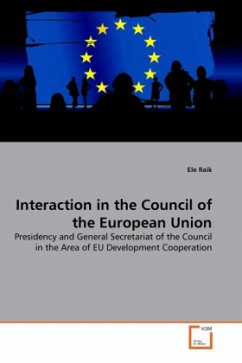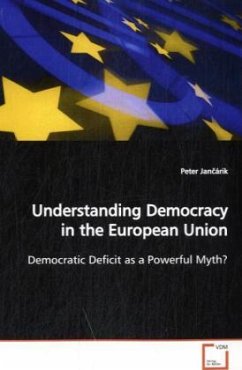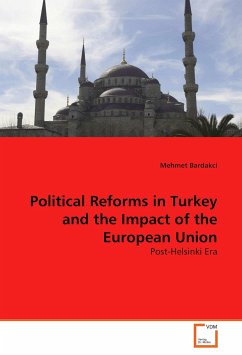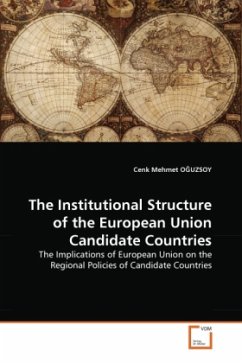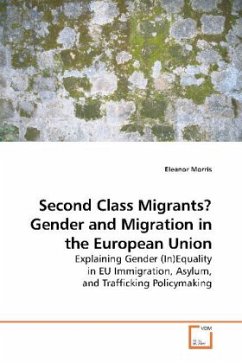
The Democratic Deficit of the European Union
Its Origins and the Role of the European Parliament
Versandkostenfrei!
Versandfertig in 6-10 Tagen
32,99 €
inkl. MwSt.

PAYBACK Punkte
16 °P sammeln!
Democracy and legitimacy in the European Union are issues of high importance in the academic discourse. Since its beginning, the democratic quality of the European Community and subsequently of the European Union has been questioned. However, the European Union is a political entity sui generis, composed of 27 Member States, and among which it fosters a unique economic and political partnership. This uniqueness gives rise to a series of problems, related to democracy in European governance. Therefore, the book tries to explain the nature of the European Union. A special focus is given to the d...
Democracy and legitimacy in the European Union are issues of high importance in the academic discourse. Since its beginning, the democratic quality of the European Community and subsequently of the European Union has been questioned. However, the European Union is a political entity sui generis, composed of 27 Member States, and among which it fosters a unique economic and political partnership. This uniqueness gives rise to a series of problems, related to democracy in European governance. Therefore, the book tries to explain the nature of the European Union. A special focus is given to the democratic performance of the EU as a system of multi level governance. The book also analyzes the various reforms leading to a strengthening of the role of the European Parliament as the only directly elected institution within the EU from its early days as a powerless Assembly till today. By explaining the very specific democratic nature of the EU, the book aims to help to transfer the perception of the EU and its decision-making into a more realistic picture in order to overcome one of the most persistent myths of European integration.



